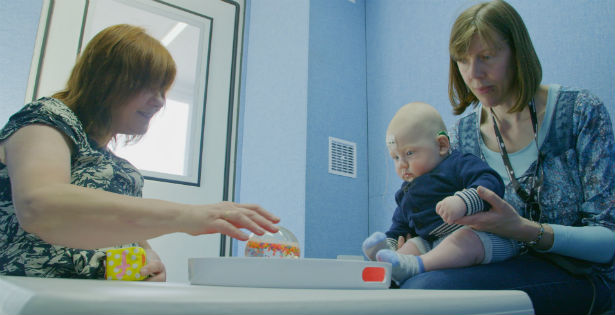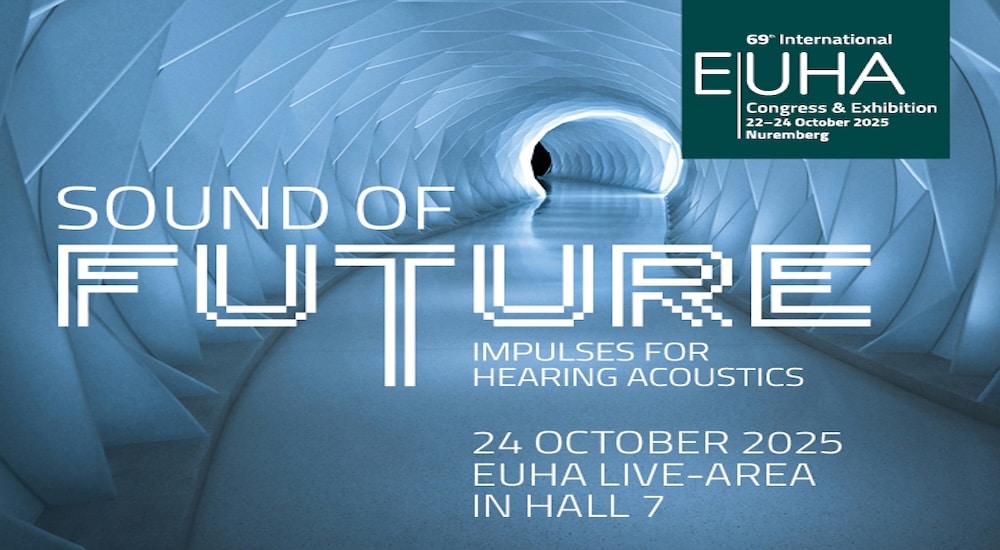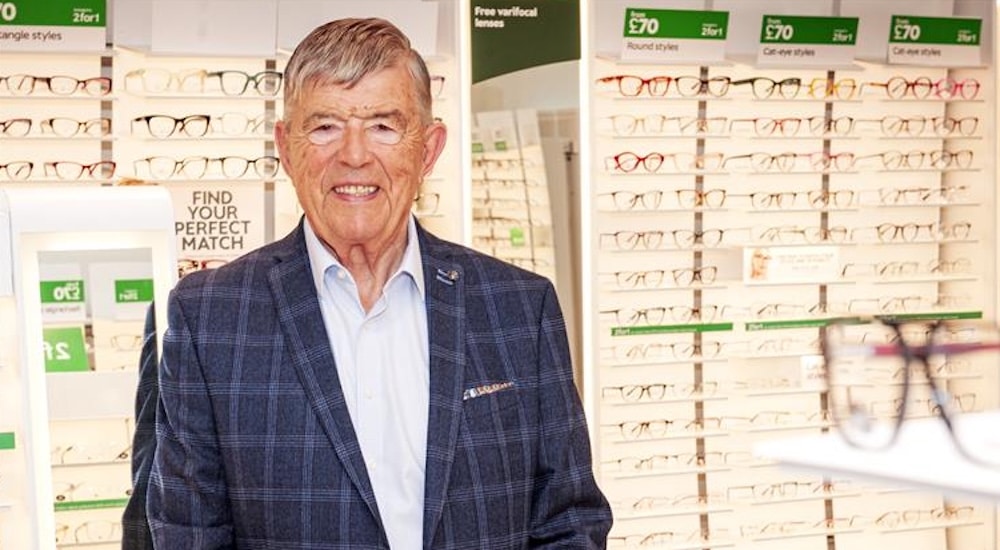Novel approach to hearing research takes to the road
On the road
A £350,000 National Institute of Hearing Research-funded study is taking to the road in a unique research van to visit 200 infants who have been fitted with hearing aids.

Researchers at the University of Manchester came up with the idea as they know that pressures on families can make participation in research extremely difficult, but that the research is vital to try to provide answers for parents and professionals alike.
To date, there is no reliable test that can provide information on how well young babies hear through their hearing aids. So, despite being offered a hearing check when first born and being fitted by hearing aids by 2-3 months of age, professionals have no reliable way of knowing how well the hearing aids are working for the children.
Kevin Munro, Ewing Professor of Audiology at The University of Manchester is seeking to validate a procedure which has been identified as a possible solution to this issue. Cortical Auditory Evoked Potentials (CAEPs) test if sounds are being detected by the brain and could provide vital information for paediatric audiologists working with the newly fitted babies.
However, the logistics of undertaking this research work had to be addressed as families explained to the Manchester researchers that if the tests could be carried out at their home, it would make it much easier than having to take their babies to hospitals or to Manchester.
Now, every child will be visited by the mobile hearing research van ― the first of its kind ―which has been funded by the Marston Family Foundation. Professor Munro said, “The unique mobile hearing van will allow us to take our research to the families and this should mean more of them will be able to participate in this much needed study.”

The van has already started travelling across the country to see babies aged 3-6 months who are already wearing hearing instruments. They will then be revisited between 7-9 months. Results are expected to be published in 2018 which researchers anticipating evidence that the test can be used nationwide for future generations.
A representative of the Marston Family Foundation said, “We are honoured to support this innovative research study at The University of Manchester. It is our hope that through its work, the mobile hearing research unit will help to ensure early intervention for children with hearing impairment and reduce the devastating impact that hearing loss can have on a child’s early development.”


